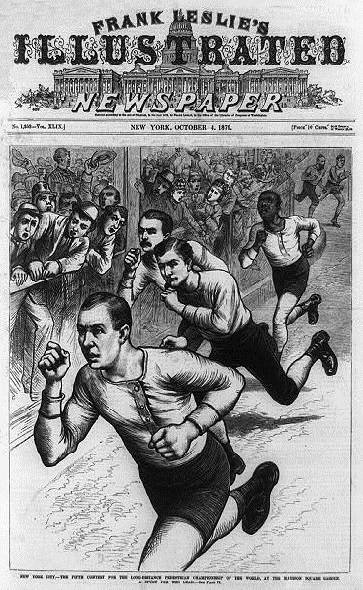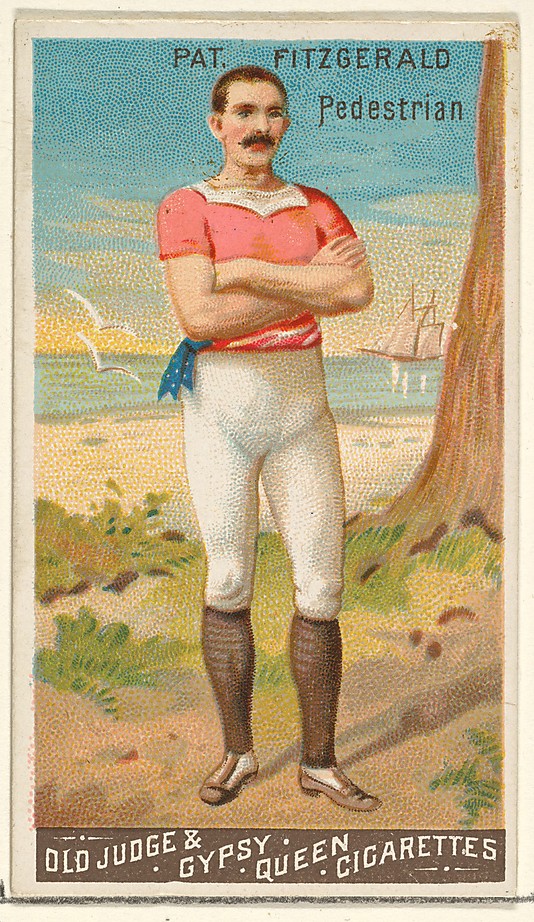Two innovations that would disrupt markets, improve consumer experience and cause a great deal of unemployment. They are necessary improvements and they will hurt.
_____________________________
Being able to get thousands of miles per gallon in cars would be the greatest triumph ever for environmentalism. Not close to reaching the market, however. From Belinda Lanks at Businessweek:
“A three-wheeled, teardrop-shaped car has won Shell’s (RDSA) Eco-marathon Americas competition, a yearly contest that pits teams of students against each other in a race to build energy-efficient vehicles.
The winning group, from Université Laval in Quebec, overcame technical setbacks, including excess friction short circuits, to achieve an efficiency of 2,824 miles per gallon. To put that in perspective, the prototype could travel from New York to Los Angeles on less than a gallon of fuel. And that figure is still well below the 3,587 miles per gallon the same school achieved last year. (Université Laval has won five out of the last six Shell competitions.)”
_____________________________
Fancy soaps, shampoos and cosmetics have always been a hustle. Soon you can have a supply at the ready whenever you like, for a relative pittance. From Alyson Shontell at Business Insider:
“Grace Choi was at Harvard Business School when she decided to disrupt the beauty industry. She did a little research and realized that beauty brands create and then majorly mark up their products by mixing lots of colors.
‘The makeup industry makes a whole lot of money on a whole lot of bulls—,’ Choi said at TechCrunch Disrupt this week. ‘They charge a huge premium on something that tech provides for free. That one thing is color.’
By that, she means color printers are available to everyone, and the ink they have is the same as the ink that makeup companies use in their products. She says the ink is FDA-approved.
Choi created a mini home printer, Mink, that will retail for $300 and allow anyone to print makeup by ripping the color code off color photos on the internet.”































